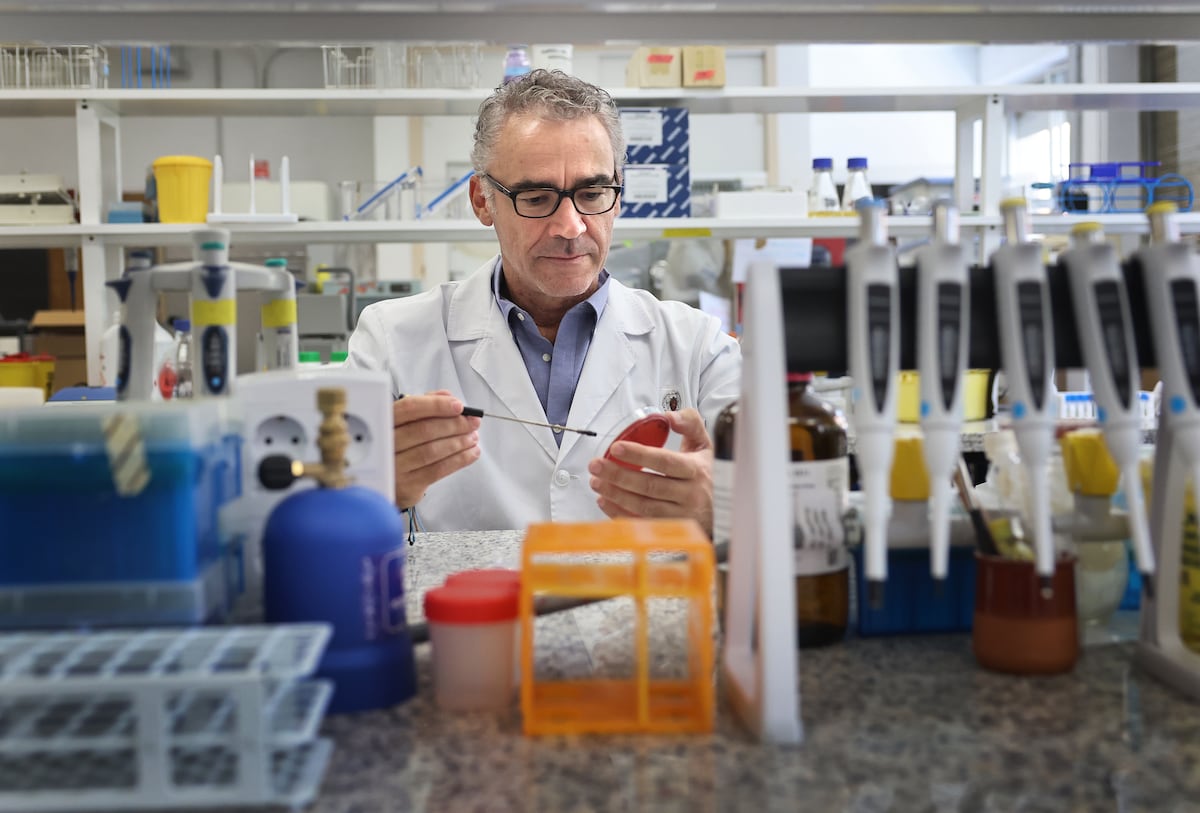
"In 2003, a strain of Escherichia coli was discovered in Japan, carrying the npmA gene, which made it resistant to aminoglycoside antibiotics like streptomycin and gentamicin."
"Bruno Gonzalez Zorn's research indicates that npmA2, a variant of the original gene, has spread through hospitals and farms across at least six countries."
"The emergence of microbes resistant to all drugs poses a significant global health threat, with the WHO linking 1.3 million deaths to drug-resistant bacteria."
"The npmA2 gene can jump between microbes, marking a concerning trend in bacterial adaptation that could render certain infections virtually incurable."
The npmA gene, identified in a 2003 discovery in Japan, has evolved into npmA2, which is a significant threat due to antibiotic resistance. Bruno Gonzalez Zorn's research shows npmA2's spread across various countries, including the UK, Germany, the US, Australia, China, and France, primarily in Clostridioides difficile. This gene can transfer between microbes, making some infections potentially untreatable. Drug-resistant bacteria are linked to 1.3 million deaths annually, according to WHO, highlighting an urgent global health issue.
Read at english.elpais.com
Unable to calculate read time
Collection
[
|
...
]